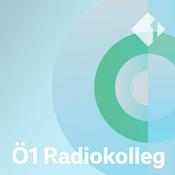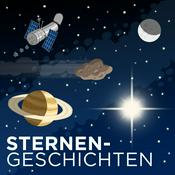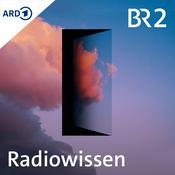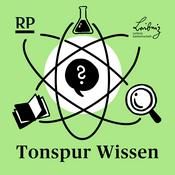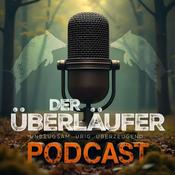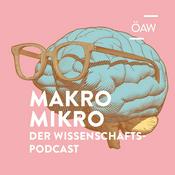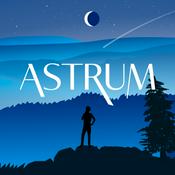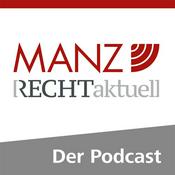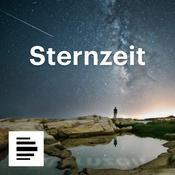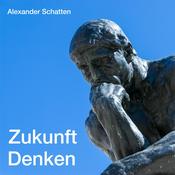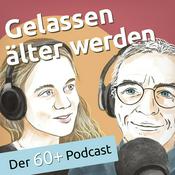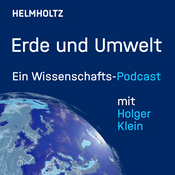What is it about computational communication science?
Emese Domahidi & Mario Haim
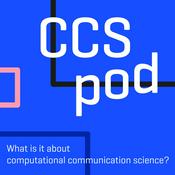
Neueste Episode
56 Episoden
#aBitOfCCS on the structure of parliamentary discourse about women in the Weimar Republic with Keonhi Son hosted by Jana Bernhard-Harrer
11.2.2026 | 33 Min.In this episode of aBitOfCCS, Keonhi Son (Mannheim Centre for European Social Research) discusses her study on how women were talked about in the Weimar Republic’s parliament between 1919 and 1932. Using quantitative text analysis and semantic network methods, Keonhi examines how terms such as woman, mother, homemaker, and (female) worker were used in Reichstag debates from 1920 to 1932 — and how these meanings varied by political party, ideology, and gender of the speaker. The conversation sheds light on how early 20th-century German politics framed women’s roles and how those discourses both reflected and shaped broader social change.
📧 Questions? Contact Keonhi at [email protected]- In this episode, Dr. Aleksandar Tomašević from the University of Novi Sad takes us beyond text-based analysis to explore how emotions expressed in videos can be measured and understood. Aleksandar explains why studying non-verbal cues—especially facial expressions—is becoming crucial for understanding political communication online. He walks us through different methods for detecting these expressions, highlighting how machine learning and deep learning techniques enable computational analysis of emotions. Aleksandar also discusses the accuracy of machine-based emotion detection compared to human judgment and shares fascinating findings from his research on political leaders’ emotional expressions in video content. This conversation reveals how emotion analysis opens new doors in communication research.
- In this episode, we’re joined by Dr. Johannes Gruber from Vrije Universiteit Amsterdam to unpack the world of language models. Johannes explains what language models really are and how they shape how we interact with information — from powering everyday chatbots like ChatGPT to supporting advanced research. We break down how these systems work behind the scenes, what they’re great at, and where we need to be cautious. Johannes also shares insights from his recent research on the feedback loops between language models, citizens’ beliefs, and democracy. It’s a closer look at why understanding both the potential and the limits of language models is so important for opinion research today.
#aBitOfCCS on Computational Pipelines for Large-Scale Text Digitization with Christian Lendl hosted by Jana Bernhard-Harrer
17.12.2025 | 35 Min.Tune in to the #aBitOfCCS Podcast as we explore the computational workflow behind digitizing a historical society magazine. Christian Lendl joins us to discuss his paper Digitizing the Aristocratic Elite: Computational Challenges and Methods in Processing the Wiener Salonblatt (1870–1938). The episode highlights how AI-driven workflows can open new possibilities for digital humanities research.
Reach out to Christian at [email protected]- In this episode, we’re joined by Prof. Eetu Mäkelä from the University of Helsinki to break down the world of word embeddings. Eetu explains what word embeddings are in simple terms, how they fit into the bigger picture of language models, and why they’re so powerful for exploring relationships in language — from the famous King–Queen example to applications in studying opinions. We look at how researchers can work with pre-trained embeddings or build their own, and how these tools open new ways to analyse language and meaning at scale. Eetu also shares where research on word embeddings is headed next and why they remain central to the evolving field of opinionated communication.
Weitere Wissenschaft Podcasts
Trending Wissenschaft Podcasts
Über What is it about computational communication science?
As "big data" and "algorithms" affect our daily communication, lots of new research questions arise at the intersection between societies and technologies, asking for human wellbeing in times of permanent smartphone usage or the role of huge platforms for our news environment. The growing discipline of Computational Communication Science (CCS) takes on a combinatory perspective between social and computer science. In this podcast, Emese Domahidi (@MissEsi) and Mario Haim (@DrFollowMario) open this discussion for students and young scholars, one guest and one question at a time.
Podcast-WebsiteHöre What is it about computational communication science?, Quarks Daily und viele andere Podcasts aus aller Welt mit der radio.at-App

Hol dir die kostenlose radio.at App
- Sender und Podcasts favorisieren
- Streamen via Wifi oder Bluetooth
- Unterstützt Carplay & Android Auto
- viele weitere App Funktionen
Hol dir die kostenlose radio.at App
- Sender und Podcasts favorisieren
- Streamen via Wifi oder Bluetooth
- Unterstützt Carplay & Android Auto
- viele weitere App Funktionen


What is it about computational communication science?
Code scannen,
App laden,
loshören.
App laden,
loshören.



